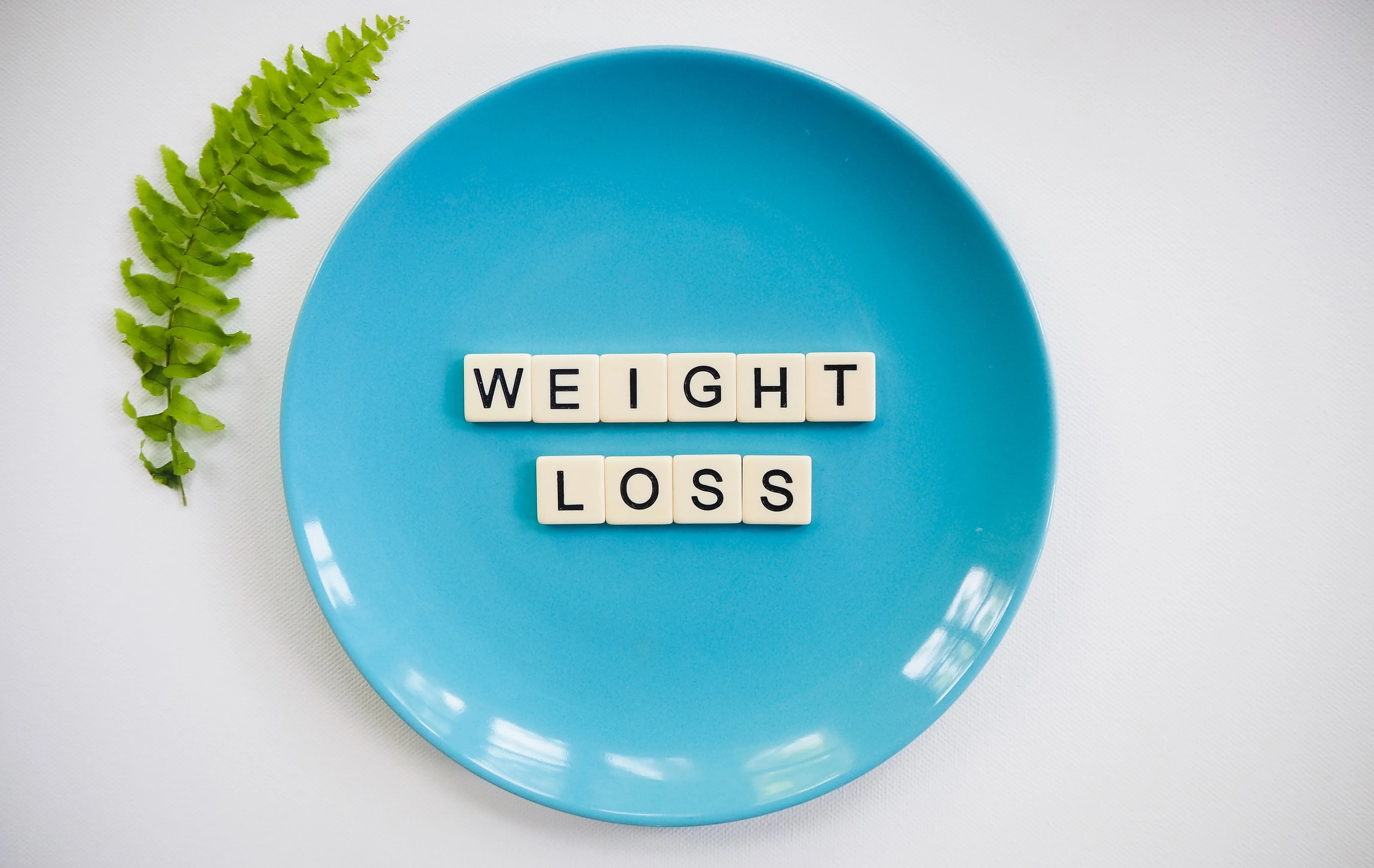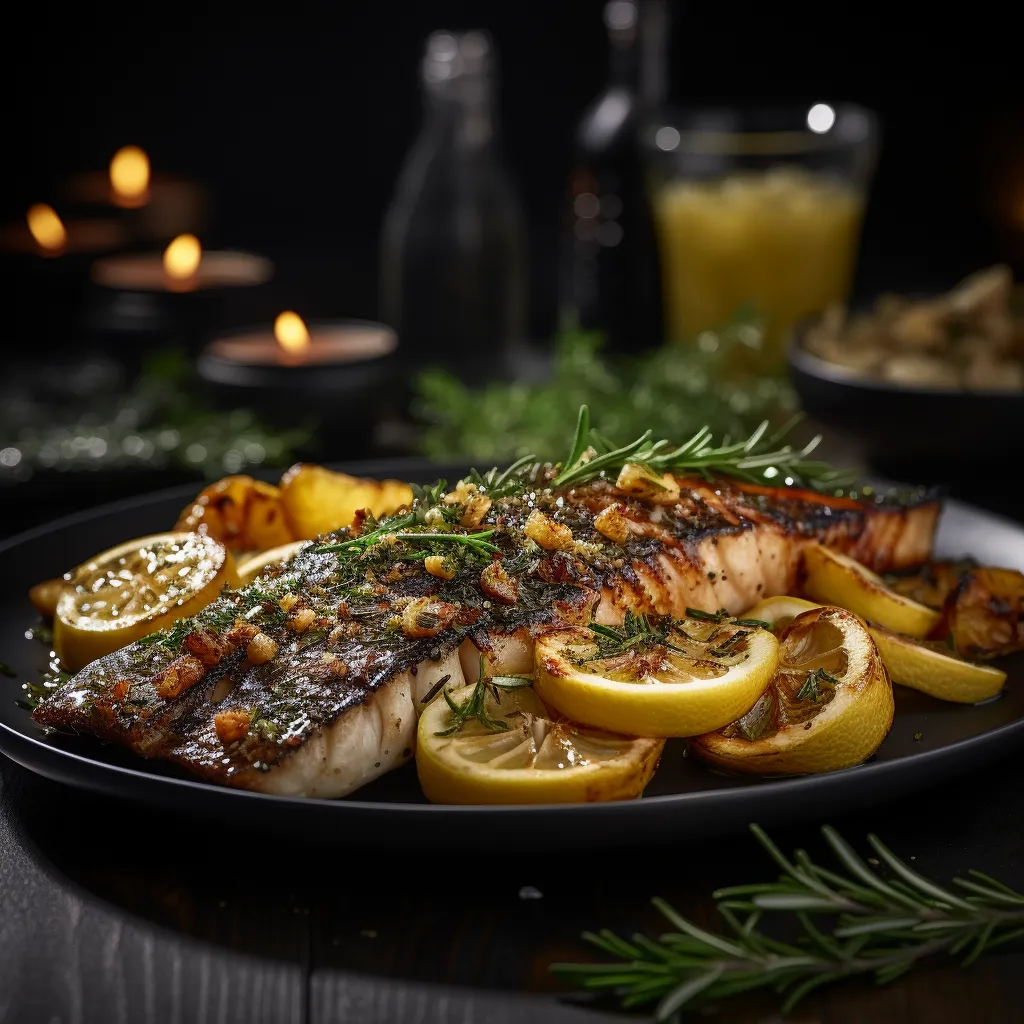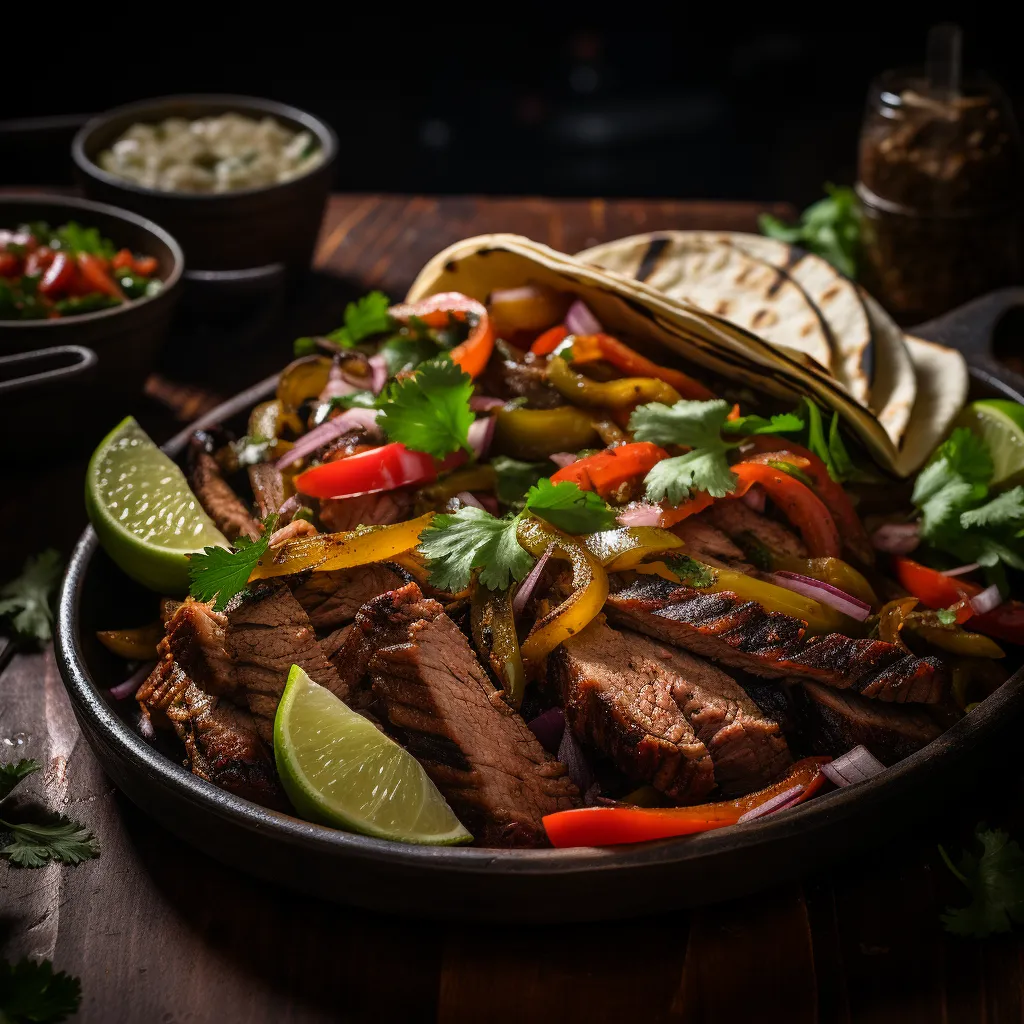🧑🍳RecipesMeal Planning for Weight Loss
Meal planning can be a useful tool for those looking to lose weight. Here are some tips for creating a meal plan that supports weight loss goals.

Meal planning can be a useful tool for those looking to lose weight. By planning meals in advance, you can ensure that you're eating a balanced, nutritious diet that supports your weight loss goals. Here are some tips for creating a meal plan that supports weight loss:
1. Set Realistic Goals
Before you start meal planning, it's important to set realistic weight loss goals. The amount of weight you can expect to lose per week depends on a variety of factors, including your starting weight, your age, your sex, and your activity level. A good rule of thumb is to aim for a weight loss of 1-2 pounds per week.
2. Plan Your Meals in Advance
Once you've set your weight loss goals, it's time to start planning your meals. Plan your meals for the week in advance, and make sure to include a variety of foods from all the major food groups. Aim for meals that are high in protein and fiber, as these nutrients can help you feel full and satisfied.
3. Keep Portion Sizes in Mind
When meal planning for weight loss, it's important to keep portion sizes in mind. Use measuring cups and a food scale to ensure that you're eating the appropriate amount of each food. It can be helpful to divide your plate into quarters, with one quarter for protein, one quarter for grains or starchy vegetables, and half for non-starchy vegetables.
4. Track Your Calories
Tracking your calories can be a useful tool for weight loss. There are many apps and websites that can help you track your calories, or you can keep a food diary to track your intake manually. By tracking your calories, you can ensure that you're eating the appropriate amount of food to support your weight loss goals.
5. Meal Prep in Advance
Meal prepping can be a great way to save time and ensure that you have healthy meals on hand throughout the week. Set aside some time each week to prepare your meals in advance, such as chopping vegetables, cooking grains, and prepping snacks. This can help you avoid reaching for unhealthy convenience foods when you're short on time.
6. Be Flexible
While meal planning can be helpful for weight loss, it's important to be flexible and make adjustments as needed. If you find that a certain meal isn't satisfying or doesn't meet your nutritional needs, don't be afraid to make changes. Meal planning should be a tool to help you achieve your weight loss goals, not a rigid set of rules to follow.
In conclusion, meal planning can be a helpful tool for weight loss. By setting realistic goals, planning your meals in advance, keeping portion sizes in mind, tracking your calories, meal prepping in advance, and being flexible, you can create a meal plan that supports your weight loss goals and helps you achieve long-term success.





